Circle of Charles Angrand (1854-1926)
The Loving Couple
Pencil and stump on paper, 300 x 220 mm
Dated "10.4.19" lower left. Trace of a dedication
Provenance:
Private collection, France
This drawing, attributed to the circle of Charles Angrand, reveals a symbolist sensitivity and a pronounced taste for intimate, enveloping atmospheres. Executed in pencil and stump, the scene is immersed in a subdued, almost unreal light, where the forms dissolve into a poetic chiaroscuro. The subject—a couple, one seated in the shadows, the other standing, haloed in light—appears to belong to a world suspended between dream and reality.
Charles Angrand, a discreet yet essential figure of the Neo-Impressionist movement, was a close associate of Seurat, Signac, and Luce. His works bear witness to a constant exploration of light and tonal modulation, particularly in his charcoal and chalk drawings, often regarded as his most accomplished creations. This work, dated 1919, although produced after the apogee of Neo-Impressionism, retains its spirit in the pursuit of subtlety and suggestion.
The style here evokes the artist’s research into diffuse light, rendered through a masterful use of the stump, which lends the scene an almost mystical aura. The treatment of the paper, the softness of the modeling, and the sobriety of the composition also recall the influence of Symbolism, a movement still resonant in artistic circles of the interwar period.
The work conveys a meditative, almost funereal atmosphere, reinforced by the partial effacement of lines and the choice of a brown-ochre monochrome. The absence of sharp detail favors an emotional rather than narrative reading, leaving space for the viewer’s interpretation. The presence of a trace of dedication suggests an intimate work, possibly created for or offered to a close acquaintance.
Within the context of Angrand’s oeuvre and that of his followers, The Loving Couple illustrates with precision the importance of drawing as an autonomous means of expression, capable of conveying the subtlest emotions with remarkable economy of means.


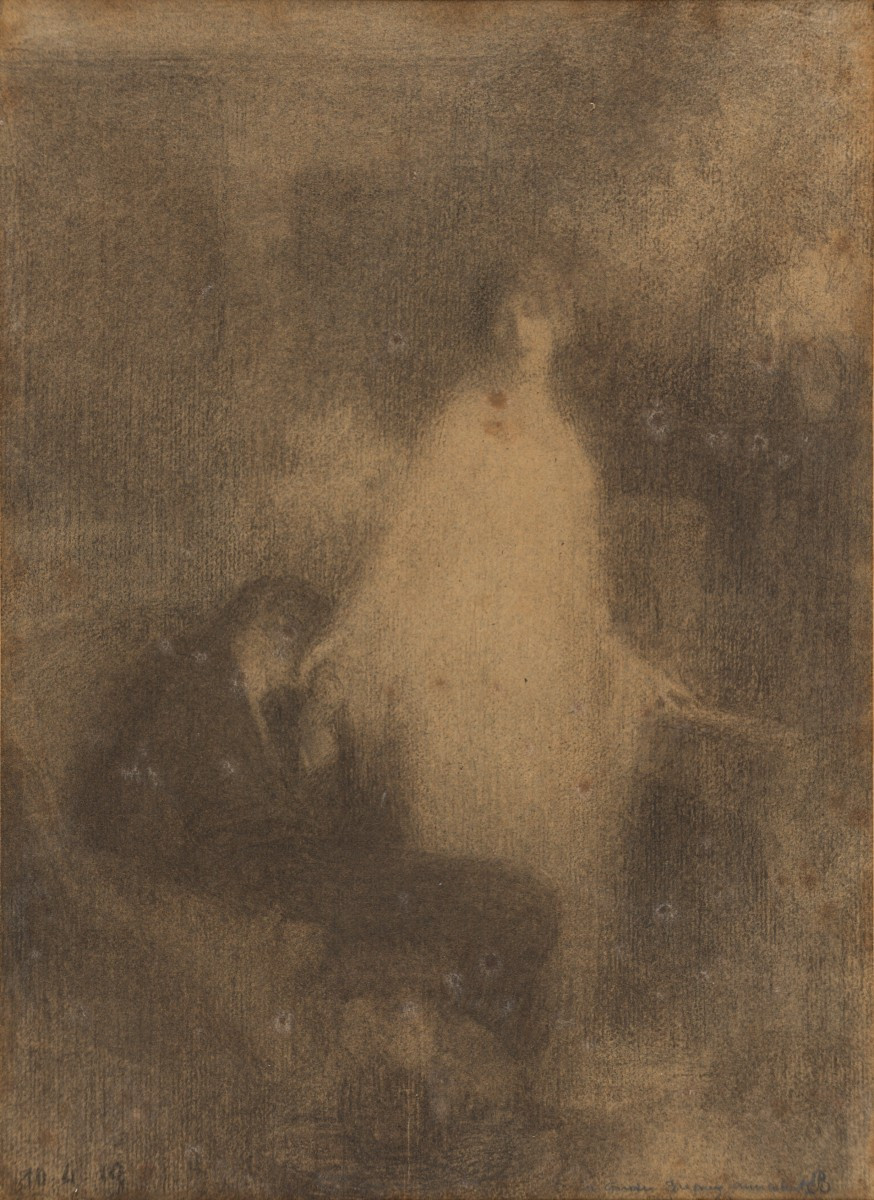

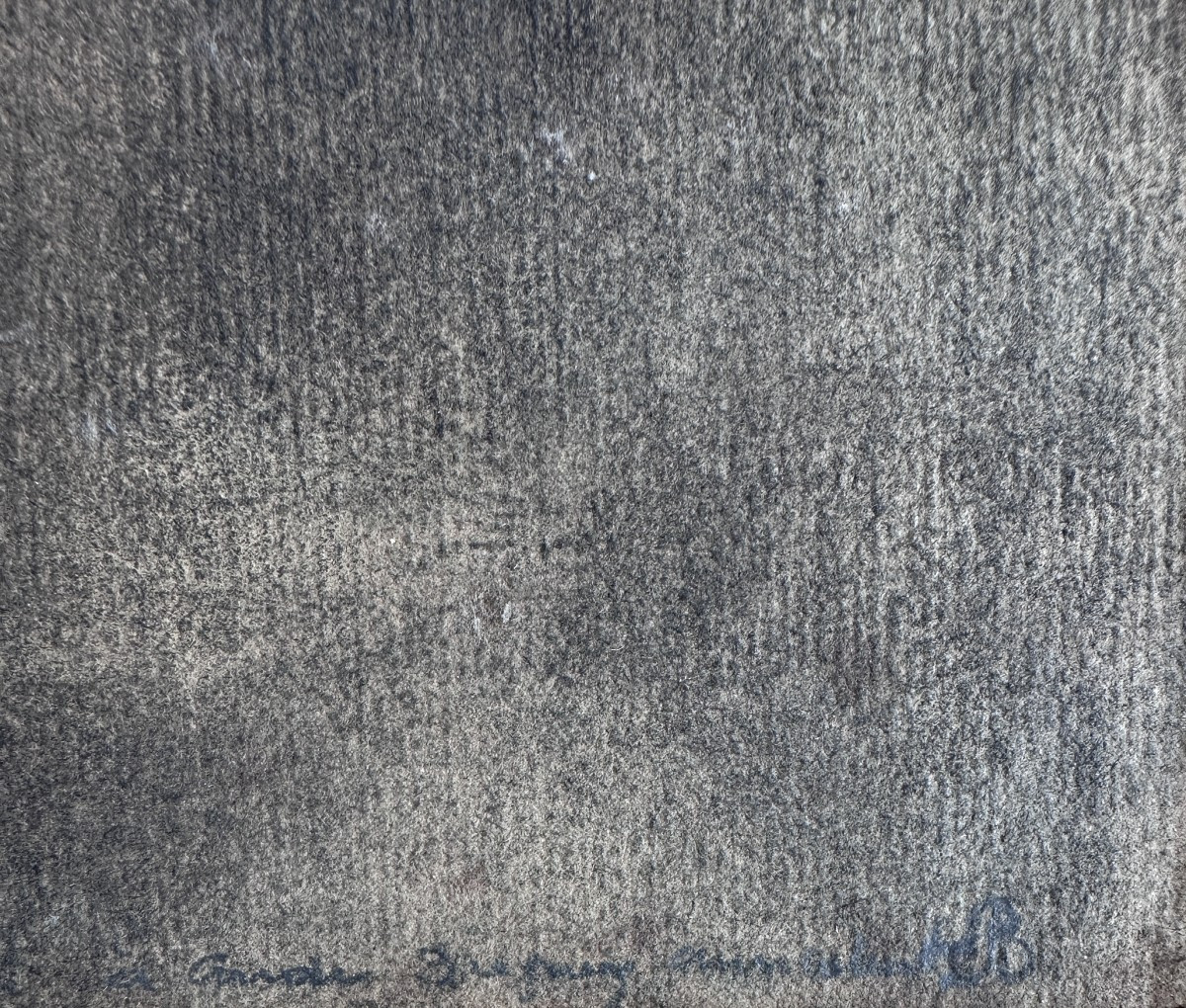
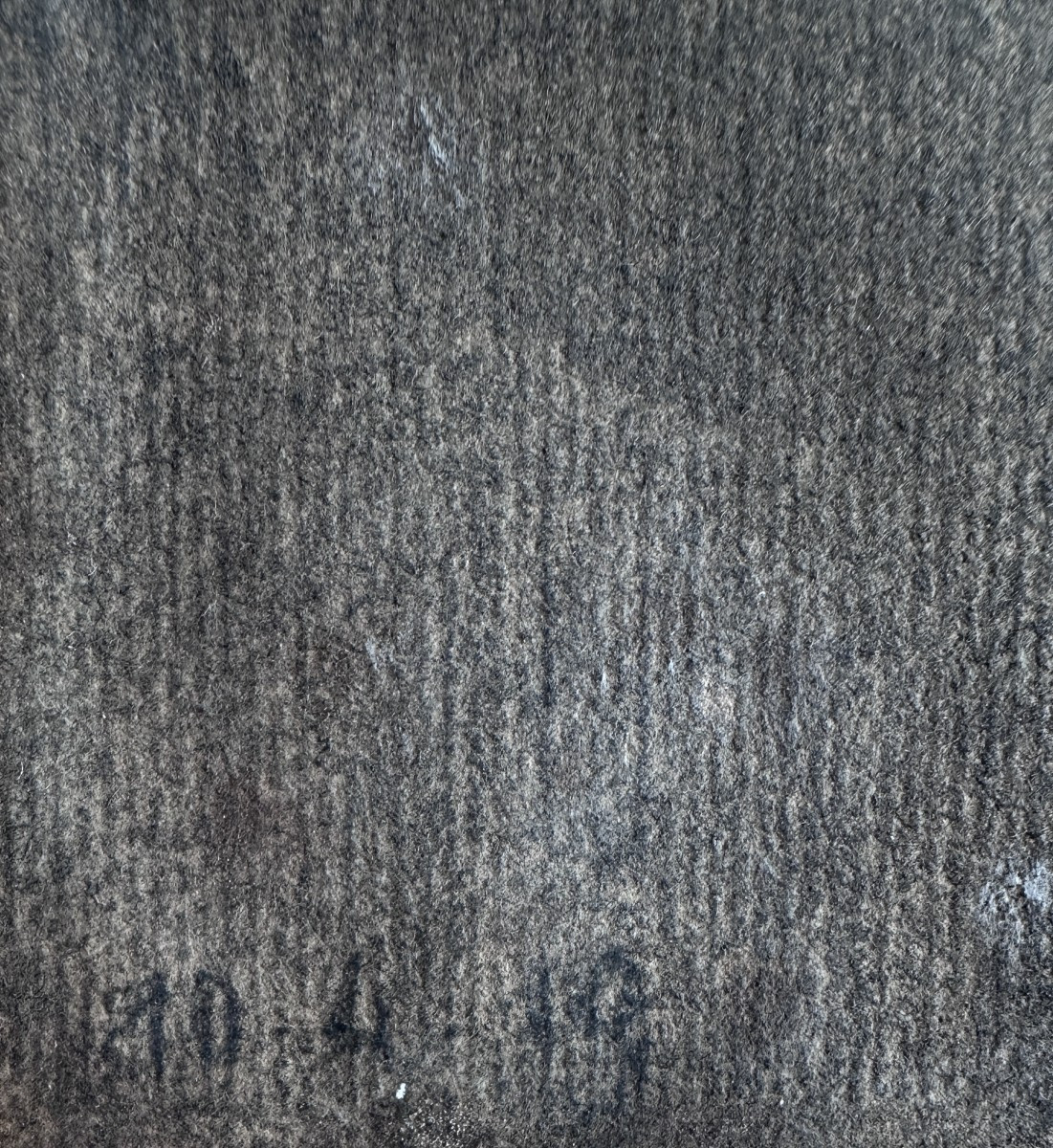








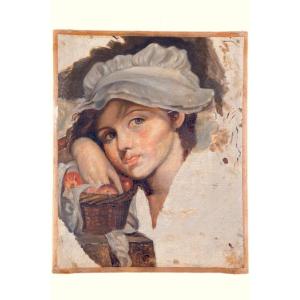









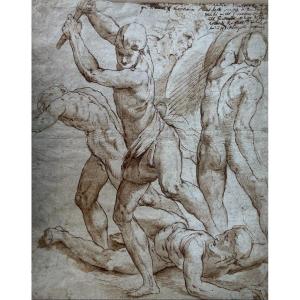


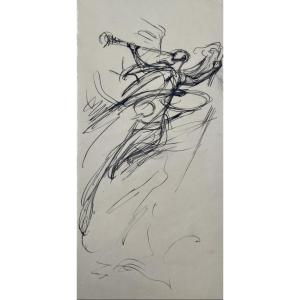





 Le Magazine de PROANTIC
Le Magazine de PROANTIC TRÉSORS Magazine
TRÉSORS Magazine Rivista Artiquariato
Rivista Artiquariato